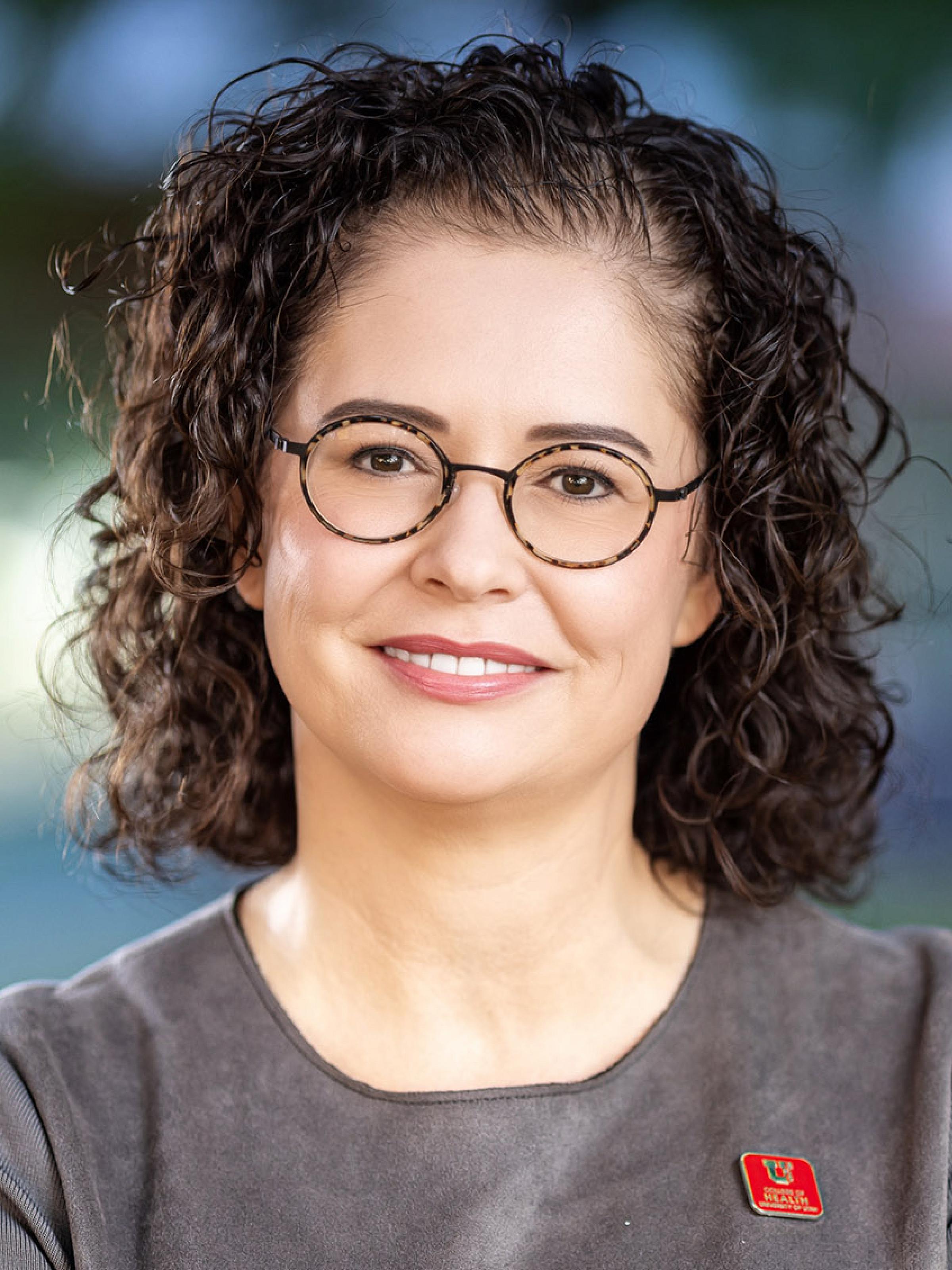Kelly A. Tappenden, Ph.D., RD
Dean, College of Health
President of the Board of Trustees, Oley Foundation

What or who inspired you to pursue a career in health sciences?
I come from a family of inventors and innovators who gave me a quest to solve important problems and create new knowledge. In my studies, I was drawn to the science of metabolism, and it was inspiring to put it into action in the field of nutrition. Fun fact: 70% of our immune system is in the gut, so if we improve gut function, we can greatly improve overall wellbeing. I’ve been fortunate to help develop diets that patients can better absorb and contributed to the only drug for short bowel syndrome on the market.
I’ve spent my career in health sciences as a practitioner, a researcher and in leadership. The latter happened by accident, but a happy accident indeed. If you had asked me 20 years ago, being a college dean was not something I was thinking about. I just wanted to help people. I’ve found I can make change on a larger scale by leading in academic settings.
What are the challenges of being a leader?
I want to ensure that the health professions which impact human health are not seen as secondary to traditional medical professions. In fact, they’re vital. I call the work that we do in the College of Health “redefining the human healthspan.” That means that across our six departments, we’re helping people add more lives to their years and years to their lives. The field of medicine is essential for healthy living, but our degrees offer first-line therapies and primary strategies for overall patient care.
What are the highlights of being a woman leader in health sciences?
I’m the first woman to serve as dean of the College of Health and I hope that can be of inspiration to the next generation. We have an incredible number of strong women leaders, past and present, in our college so there’s no shortage of inspiration. The best part of leadership for me is seeing students, faculty and staff thrive in their chosen disciplines, and helping them thrive with the resources they need.
I got into leadership on a small scale by mentoring undergraduate and graduate students. Along the way, I began to ask how we could better support junior faculty members and it snowballed from there. It’s so rewarding to see how leadership impacts the health of our communities, which is more than I could ever do as an individual clinician and researcher.
Please share with us the best piece of advice you have ever received.
Build trust with everyone around you. It’s essential for me to develop relationships and act authentically and transparently. It all boils down to having trust with others. Even if they may disagree or not like a decision I make, they know I have taken their perspective into consideration and am coming from a place of integrity and authenticity. That goes a long way!